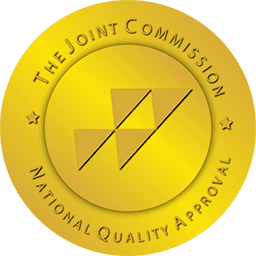Codependency is a learned, consistent and dysfunctional way of behaving toward others in which a person values the needs and wants of others much more than they do their own needs. While this might at first appear to be positive, self-sacrificing behavior, a codependent person is rarely, if ever, able to get their needs met, and their relationships become unhealthily unbalanced.
Codependency is particularly common in relationships where one person is an alcoholic or addict, and the other partner functions as their caretaker. The non-addicted partner takes on many roles, including that of a go-between, interceding for their addicted partner and covering for them when they cannot meet their responsibilities. Although the codependent partner genuinely wants to help their addicted loved one, their behaviors inadvertently enable the alcoholic or addict to avoid making positive changes.
Codependent people often rescue their addicted partner from the fallout of addiction. While that avoids problems in the short term, it also prevents the addict from experiencing the consequences of their unhealthy behaviors. This is called enabling behavior, as it enables the addict to remain addicted to substances.
Warning Signs of Codependent Relationships
Although codependency is often found in relationships where one partner is an alcoholic or addict, other conditions, such as mental illness and physical disability, can also lead to codependent relationships.
Some warning signs of codependent relationships include:
- A one-sided romantic relationship, with one partner doing all of the caretaking
- Relying on your partner for your sense of worth and validation.
- Allowing your needs to go unmet while prioritizing the needs of your loved one
- Problems setting and enforcing healthy boundaries with your partner
- Enmeshment with your partner. In enmeshment, a person’s identity and happiness become wrapped up in another person’s well-being or opinion.
- Making excuses for the bad behaviors of your addicted partner
- Feeling overly responsible for the happiness of others
- Chronic feelings of anger and resentment
- Avoiding confrontations
- An inability to openly express one’s emotions, needs, and desires
Codependency Risk Factors
Codependency often puts down roots when a person is quite young. Early traumatic experiences, such as taking on adult responsibilities while still a child or teen, are often big contributors to codependency. When people grow up having to be responsible for others from an early age, as happens when a parent is chronically ill, addicted, or mentally ill, their identity becomes fused to taking care of other people. When children are not taught how to get their own psychological needs met in healthy ways, codependency is typically the result.
Children who grow up in abusive homes are also prone to becoming codependent adults, as they learn to base their behaviors on their caretakers’ moods or whims to avoid harm.
How Do I Know if I Am Suffering from a Codependency Issue?
If you’re codependent, you place the needs of others ahead of your own, even when doing so causes you to feel taken advantage of or resentful. You may value being liked or approved of by others more than you value liking yourself. You may also have a persistent and powerful fear of being alone or abandoned if you have codependency issues.
Codependents often have:
- Poor self-esteem
- Trouble communicating with their partner
- Difficulty identifying their feelings
- A hard time communicating in a relationship
- An exaggerated sense of responsibility
- A need to be in a relationship at all times, even if the relationship is unhealthy
- Chronic resentment and buried anger
- A need to be in a relationship at all times
- Overwhelming fears of abandonment
- An extreme need for recognition and approval from others
- A sense of guilt when saying no
- A need to control others
- Perfectionist traits
Getting Help for a Codependency Issue
Even though codependency isn’t a mental illness, it can be challenging to overcome alone. However, codependency can be successfully treated with psychotherapy (talk therapy). In therapy, a person can learn how repressed emotions, low self-esteem, and past traumas shape their behavior with a mental health professional.
Psychotherapy can also help a person learn how setting boundaries is paramount in becoming a healthier version of themselves. They can also become more assertive and get their needs met healthily.
Peer support can be invaluable in treating codependency. Codependents Anonymous is a 12-step group similar to Alcoholics Anonymous that helps people who want to learn how to stop their codependent behaviors and form healthier relationships.
Absolute Awakenings in Morris Plains, New Jersey, offers compassionate treatment for alcoholism, addiction, and mental health disorders. At Absolute Awakenings, we understand how hard making changes can be. We know alcoholics and addicts often suffer from relationship problems because of trauma, and we’re here to offer treatment.
If you or a loved one are ready to get help, contact us at 866-768-0528 or visit our admissions department.
References
- Gould WR. What Is Codependency? Verywell Mind. Published November 7, 2022. Accessed January 3, 2023. https://www.verywellmind.com/what-is-codependency-5072124
- Panaghi L, Ahmadabadi Z, Khosravi N, Sadeghi MS, Madanipour A. Living with Addicted Men and Codependency: The Moderating Effect of Personality Traits. Addict Health. 2016;8(2):98-106.
- Morin A. How to Stop Being Codependent. Verywell Mind. Published October 13, 2022. Accessed January 3, 2023. https://www.verywellmind.com/what-s-the-best-codependency-treatment-5070487
- New to CoDA? CoDA.org. Accessed January 3, 2023. https://coda.org/newcomers/













